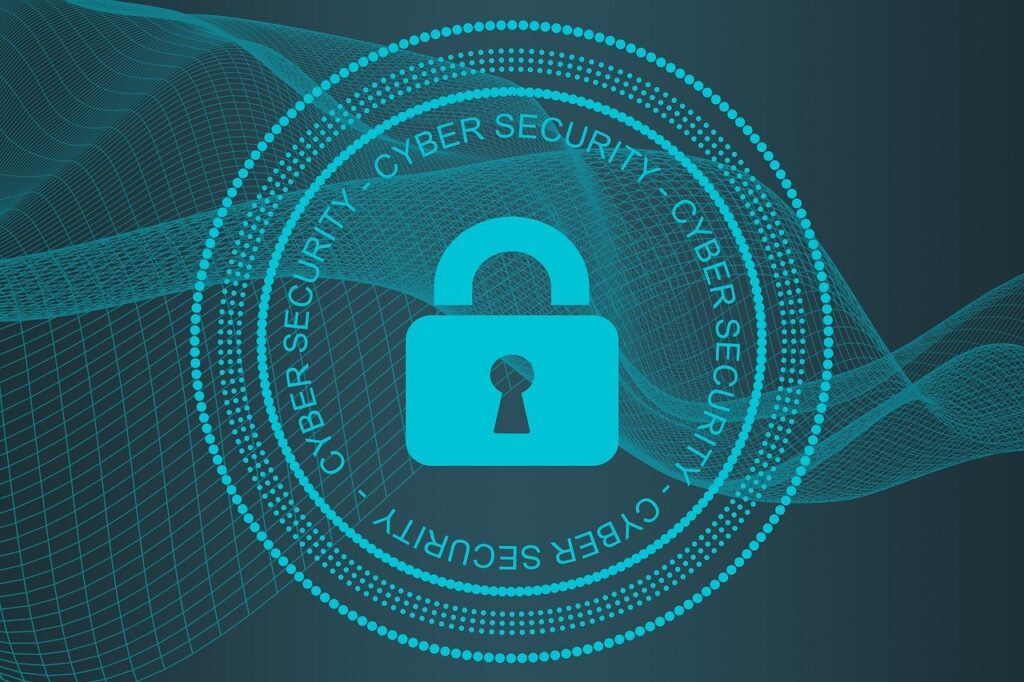The Payment Card Industry Data Security Standards (PCI DSS) outlines specific requirements to be followed by every ecommerce website. For safe storage, transmission, and handling of cardholder details, the requirements are fully governed by the major credit card organizations including Visa, Discover, MasterCard, and the American Express.
You might have some of the best products on the market, but if your payment method is complicated, your customers will be scared away. Today, retailers are experiencing a shift in the online cash systems, and need to, therefore, learn about the best payment processing solutions for easier trading.
What is PCI Compliance?
PCI DSS focuses on general practices, including the need to create non-default and safe passwords, encryption, and the restriction of cardholder information. If you have an ecommerce site, PCI compliance is not optional. It is not restricted to storage, neither does volume dictate it. Every online business that accepts and processes payments must follow the rules.
PCI lowers the chances of risk, especially around the card data environment. Whether you use third parties to transact such as PayPal, Stripe among others, you still need to secure your business by following the PCI DSS requirements. If you operate a small business, you are not excluded from being PCI compliant. Leaving your small business unprotected can cause you to be a prime target for malicious acts. Should sensitive data be stolen from a website you control, you could incur hefty penalties and face possible jail terms.
What is the Risk of not being Compliant to PCI DSS?
Should your ecommerce fail to stay compliant to PCI DSS, here are the possible repercussions likely to be faced.
- Credit card usage ban: PCI DSS standards are set by top American companies. It means that once fraud happens in your ecommerce website, they will detect it. If found to be irresponsible with online activities, the merchant is prohibited from using credit cards.
- Fines: Once data breach is detected in any online ecommerce, a fine of not less than $86,500 is imposed. If the customers are found to be experiencing fraud in transactions, the penalties are immediately awarded.
- Liability Claims: Should there be data breaches in your online operations, you could face a liability claim in a court of law. The lawsuit is designed to emphasize on customer protection for every ecommerce.
- Mandatory forensic examination. Any merchant suspected to have data breach must face a mandatory forensic examination according to the requirements of PCI DSS. This will mean hiring a professional to carry out the investigation. The ecommerce may be charged a fee of between $20K -$50K.
- PCI compliance reassessment. For your ecommerce to accept credit cards again, a PCI reassessment must be performed by an external QSA-Qualified Security Assessor.
Ways to Make your Online Business PCI DSS Compliant
PCI DSS has many requirements, which are then split into subsections. It means you need to understand and act upon each of them as required.
1. Invest in a Secure Network
You can achieve this by documenting all your work and hiring the best web development service to guide you in writing a firewall process. Begin by listing all network servers you are currently using and then determine the environment of your card data. This should help you identify internally accessible data. With the help of a firewall, you can restrict access.
2. Avoid Vendor Supplied Defaults
The most common error done by many ecommerce businesses is committing to default accounts. If you are using vendor-supplied defaults, be sure to change or disable them. You want to minimize your security risks by ensuring you have strong configuration standards. Be highly efficient in creating secure policies.
3. Do Not Store Cardholder Data
Today, the rates of fraud on ecommerce sites are on the rise. In a recent cybercrime report, at least an 88 percent increase in cybercriminal rates was reported between 2017 and 2018. A cardholder data carries sensitive information including passwords and card numbers. This information should not be stored on a company’s network to prevent fraudulent acts.
If you are confident about storing this data on your network, be sure to use secure encryption. Leverage SSL/TLS technology in this case to encrypt all data passing in the system. Under PCI DSS, you are required to use an SSL certificate. The certificate will ensure that your site is accessed with HTTPS and not HTTP. The certificate can be accessed freely or at a small fee.
Understand also that hackers do not search for vulnerabilities manually. Bots are used to search for vulnerable sites for attack. To manage this, install and update your antivirus program in all the servers and computers. Ensure that the programs are handled by authorized personnel to disable antivirus mechanisms.
4. Your CMS Must Be Secured
If you have a vulnerable CMS with weak plugins and extensions, you will be exposed to online attacks. You, therefore, need an ecommerce development company you can rely on. You might think your ecommerce is safe, but you still remain at risk of malicious acts when you least expect. In that case, every component in your site must be coded with extreme care.
Why it is Vital to be PCI Compliant?
The key to the success of every online business is the level of trust among consumers. With the growing popularity of online shopping, ecommerce sites have become a top target for cybercriminals focused on stealing consumer data. Should you encounter an incident, your traffic could be hampered, brand reputation, and revenue.
Notice that hackers can take advantage of automated scripts to scan for vulnerabilities. Because criminals look for every opportunity, small businesses are also at risk. Criminals look for any amount of server resources. It is, in fact, easier for them to hack thousands of small businesses than it is to hack a single large one.
Because every online business faces a certain level of risk, it is crucial to embrace security as a continuous process. You need to assess your security strategy frequently. Ensure your ecommerce maintains compliance which is an ongoing process involving vulnerability scans and the completion of yearly SAQ and Attestation of Compliance.
- The Role PCI-DSS Plays in Security - January 21, 2020
- Your Quick Guide to SOC 1, 2 and 3 - December 13, 2019
- Using a Risk Assessment for a SaaS Company - November 24, 2019




Comments are closed.